Dr. Shehata Al-Arabi
Authors Content Dr. Shehata Al-Arabi
Dr. Shehata Al-Arabi
A Researcher on Middle east
Writings by
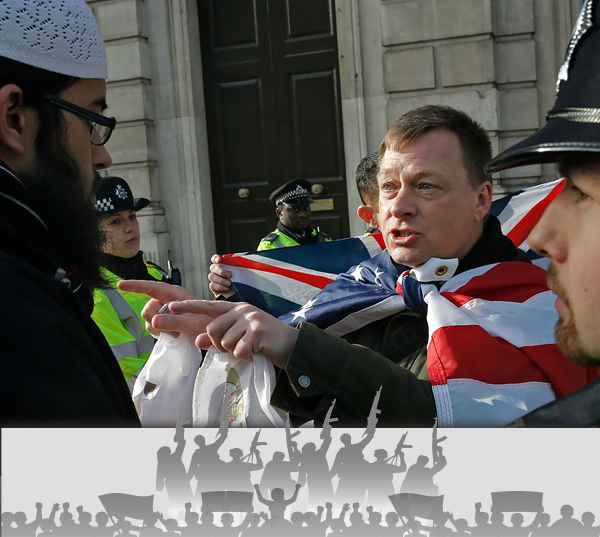
Political Islam in Focus
Hamas declared a terrorist organization in Britain: Indications and Effects on the Muslim Brotherhood
Designating Hamas as a terrorist organization by the United Kingdom marks a new phase in the way that Britain deals with political Islam groups and its position toward them. It also comes in line with a broad European approach to curbing extremism and combating terrorism. Hence, this article discusses the implications of the British move on the future political activity of the Muslim Brotherhood in the United Kingdom.
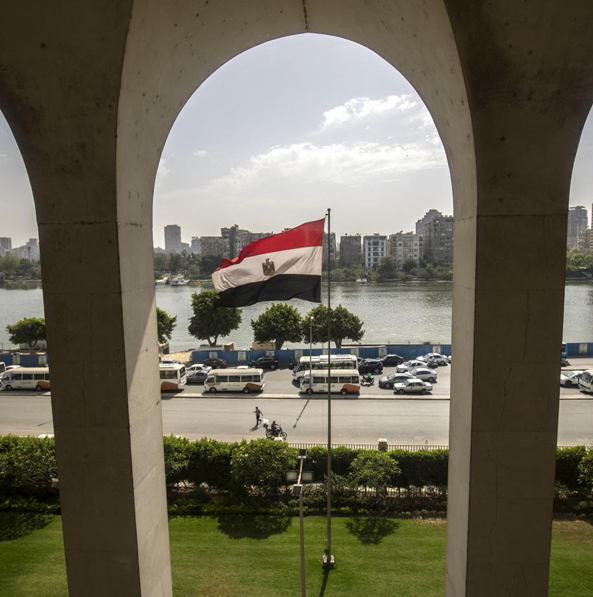
International Relations
THE DIFFICULT ROAD TO RESUMING EGYPTIAN-IRANIAN RELATIONS
This paper provides a reading in the Egyptian-Iranian future of relations, in light of many indicators and developments within the context of bilateral and regional dialogues and talks. What are their chances of success, in light of the structural constraints inherent in the relations of the two countries that have kept them severed since 1979?
.jpg)
International Relations
THE REGIONAL SYSTEM AFTER THE EXPECTED NUCLEAR AGREEMENT, IS IT A STEP "FORWARD" OR "BACKWARD"?
This paper presents a hypothetical analysis of the potential intrinsic changes in the Middle East as a consequence of success in Vienna's negotiations and the repercussions they impose on the form of interactions, alliances and balance of powers in the region driven by the key question: Would the nuclear agreement allow prevailing a phase of stability and calm in the region, or would it lead to a new more serious phase of turmoil, tension and instability or possibly an armed confrontation?
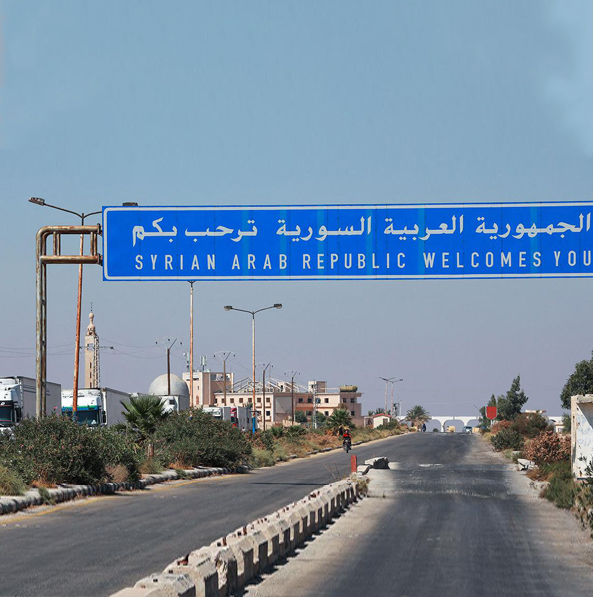
International Relations
Arab Openness to Syria: Manifestations, Basis, and Prognosis
This paper addresses the manifestations of the Arab approach towards Syria, searching in the reasons and effects of such approach, starting from a main hypothesis; that is: in spite that some parties' abjection in the region, as well as the US, but the track of Arab openness on Damascus is heading forward.
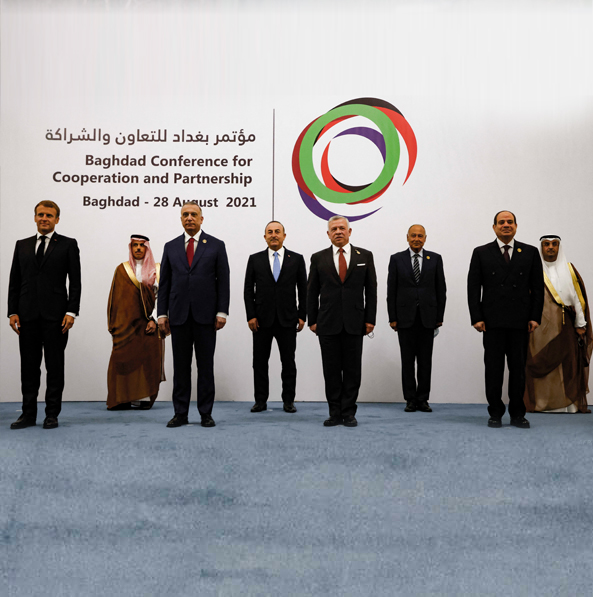
International Relations
How Far Can the Reconciliations in the Region may Stand?
This Policy Paper examines the Middle Eastern countries orientation to explore the opportunities and mechanisms of cooperation among themselves to manage conflicts, and seeks to answer a key question: would the reconciliations in the region stand and reflect positively on regional realities, or is such reconciliations a temporary trend, which its results will remain limited?
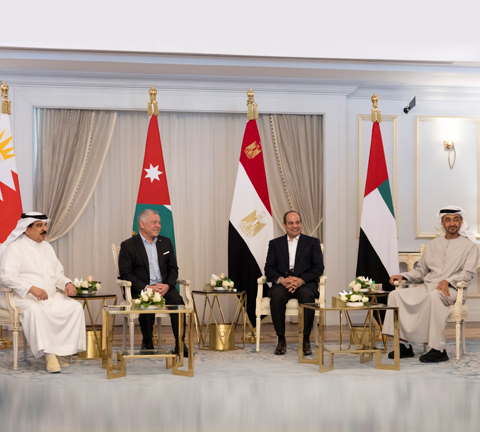
International Relations
El-Alamein Consultative Meeting: Meanings and Objectives Interpretation
Policies analysis | This analysis addresses the significance of El-Alamein consultative meeting, which brought together the leaders of the Arab countries of Egypt, Jordan, the United Arab Emirates, and Bahrain, in the light of the joint economic projects, and the converging political positions of such countries, in a way that is likely to open the door to expanded Arab-Arab cooperation, with the aim of jointly confront the regional and international crises.
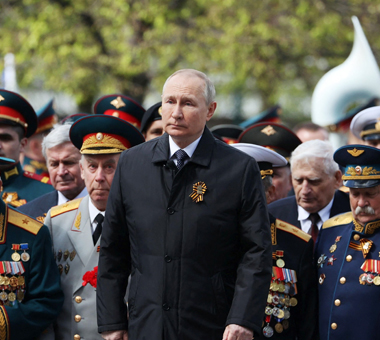
Politics
Declaring Partial Military Mobilization in Russia: Analyzing Dimensions and Betting
Position Assessment | Russian President Vladimir Putin's announcement of partial military mobilization in Russia is discussed herein, at a time when local authorities in areas controlled by the Russian military are about to hold a referendum on their independence from Ukraine. This could mean the Ukrainian crisis is entering a new phase in which the repercussions on international peace and security could be serious.
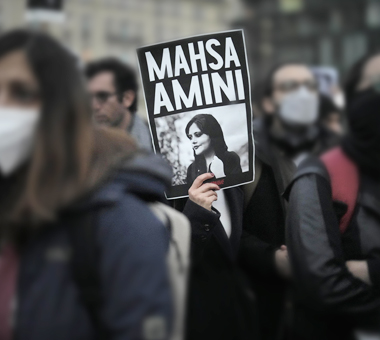
Politics
Iranian Protests over the Killing of "Mahsa Amini" and the Limits of Influence
Position Paper | This paper addresses popular protests in Iranian cities, raising many important questions, such as: What are the limits of the impact of these protests on the Iranian regime? Will such protests this time be different from the previous protests the country witnessed? What are the limits of external support for the protests, and how does that support affect the protests tracks?
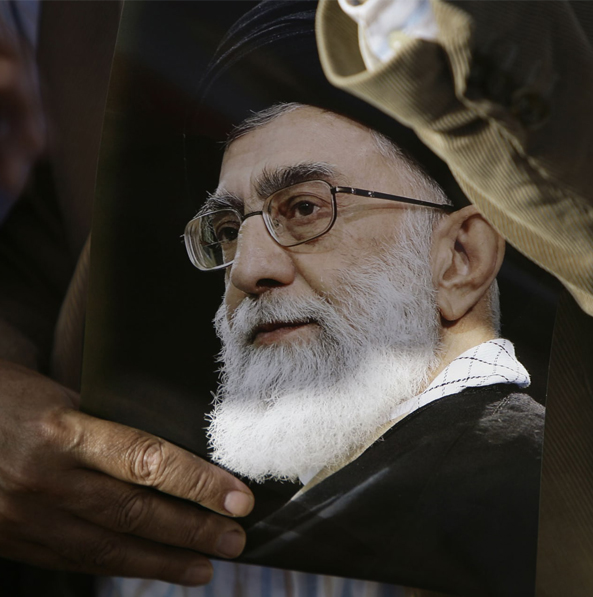
Politics
How the Supreme Leader’s Illness Affect the Iranian Regime during the Protests?
Policy Analysis | This analysis tackles the challenges that are facing the Iranian regime, in light of reports which said that Supreme Leader, Ali Khamenei, has a "serious" disease, at the time the protests in several Iranian cities intensify as days pass. The paper examines the role of the Supreme Leader, and how his death may affect in light of the country's unfavourable major events.
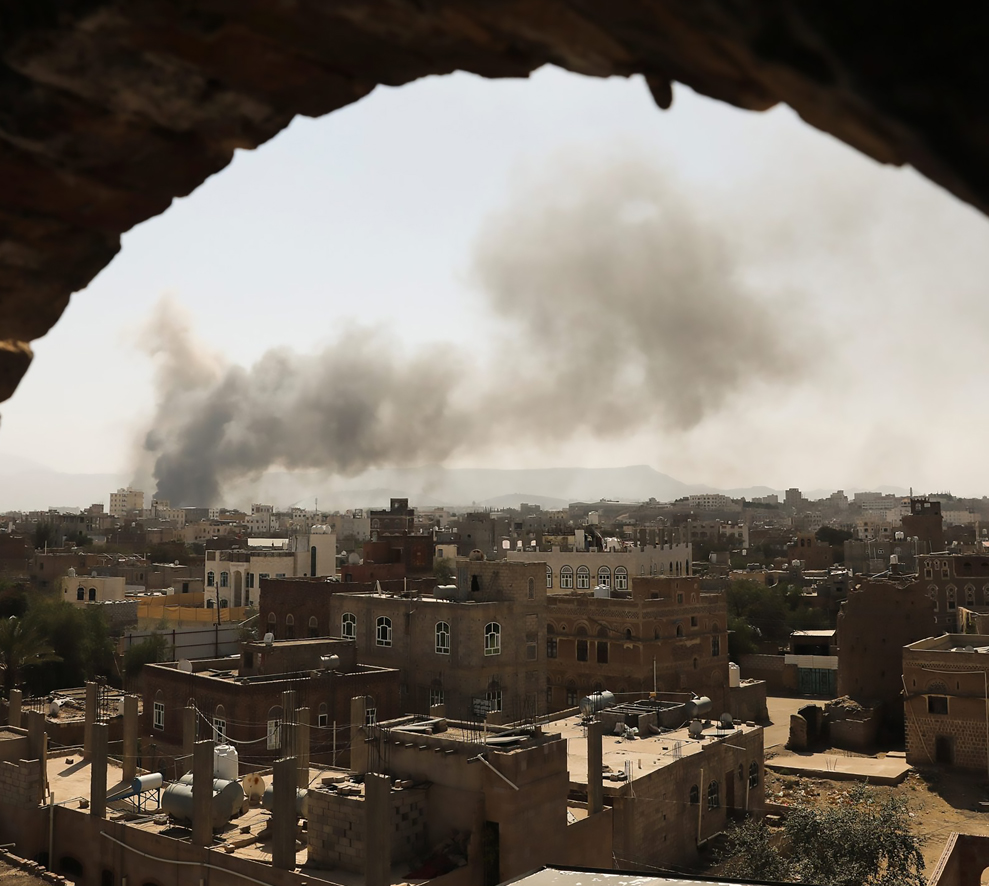
Politics
Can Regional Dynamics Bring a Breakthrough to the Yemeni Crisis?
Position Assessment: This paper explores the international and regional attention towards the Sultanate of Oman’s role in resolving the Yemeni crisis and leading the notable progress it has made. This raises important questions Can Oman’s mediation efforts lead to a stable settlement of the Yemeni crisis? Alternatively, could any agreements reached be temporary compromises that are susceptible to collapse during the first test or tension between Saudi Arabia and Iran?
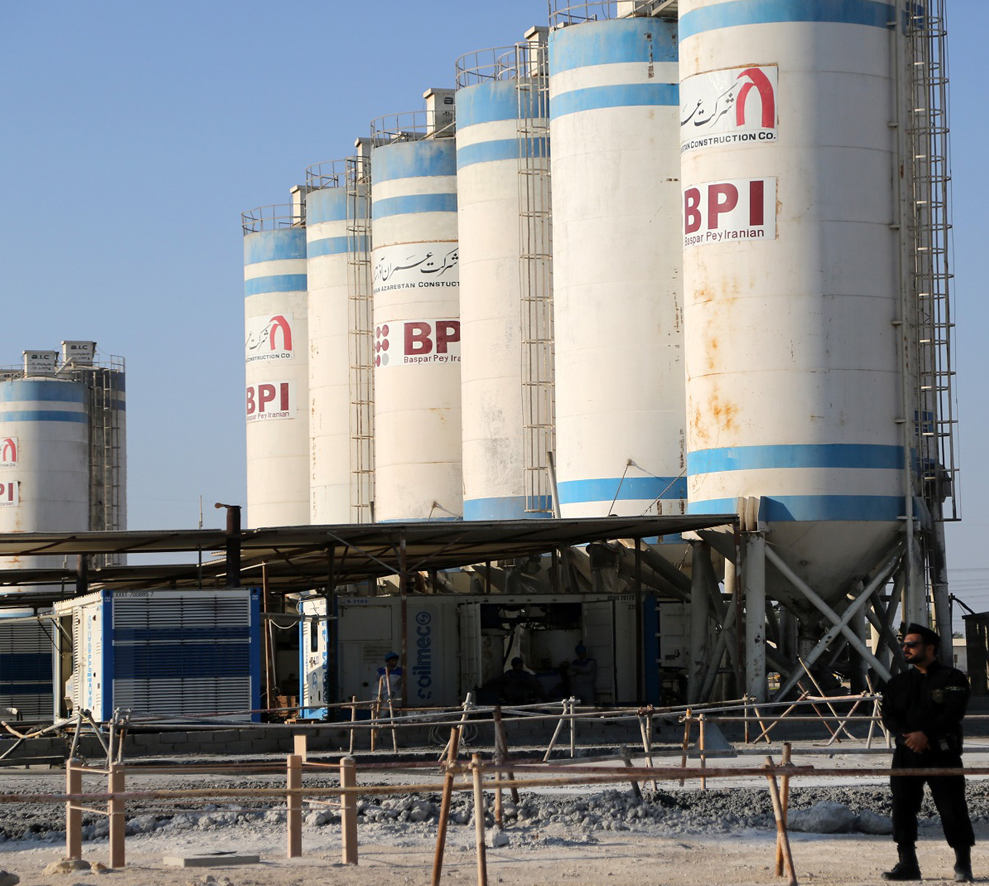
STRATEGIECS arguments
What If Iran Had the Nuclear Bomb?
Policy Analysis | This paper deals with the scenario of Iran becoming a nuclear state. Many estimates indicate that Tehran is close to crossing the nuclear threshold for military purposes. This analysis investigates two views, one sees Iran’s possession of a nuclear weapon as a condition that can be tolerated, while the other sees that Iran constitutes a model of an expansionist state that is hard to be lenient towards regarding the possibility of its possession of a nuclear weapon.
We use cookies to ensure the proper functioning of our website. For an improved visit experience we use analysis products. These are used when you agree with "Statistics".